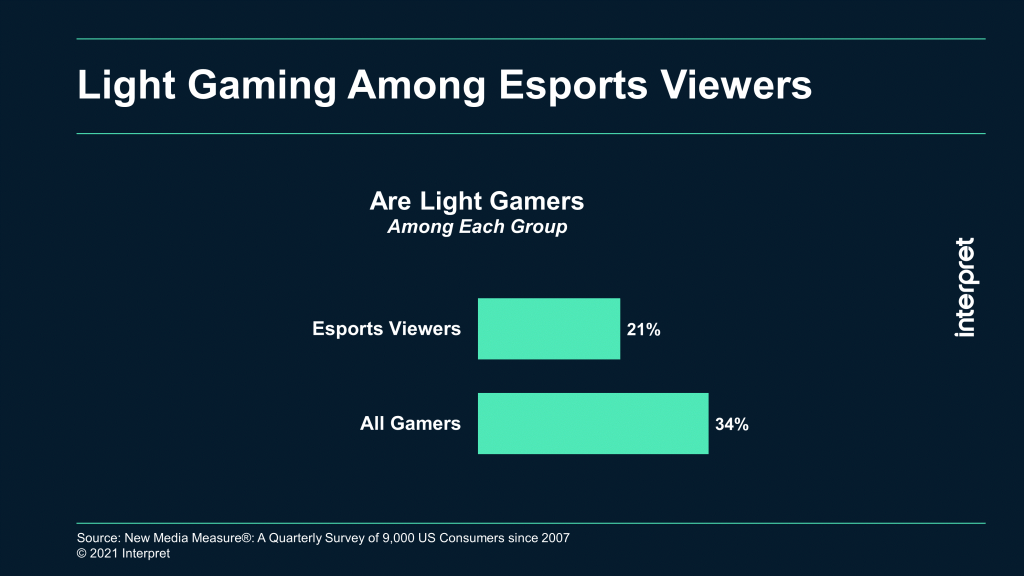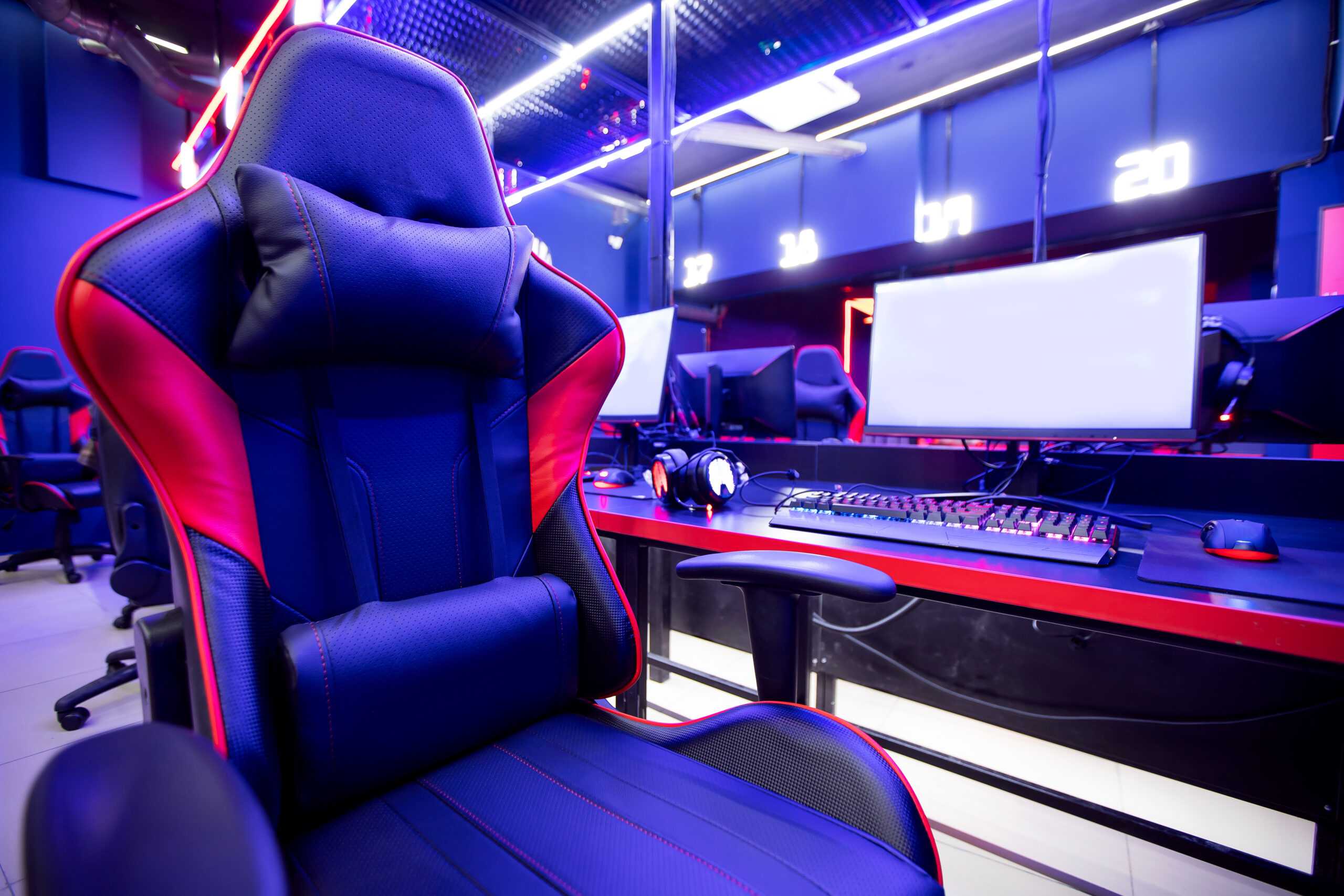Esports was a mixed bag in 2020. While viewership numbers surged, and helped to fill the programming void during the pandemic as traditional sports were forced to cancel games and shorten seasons, esports organizations also suffered from lost revenues as in-person competition shifted online. Ironically, what’s helped the most valuable esports orgs thrive is not a focus on professional competition, but a broadening of their brand to incorporate more general gaming and entertainment overall.
The latest example of this shift is NRG Esports launching a new digital media label called Full Squad Gaming. The label soft launched in December with the aim of making viral videos in collaboration with athletes and celebrities who enjoy video games, and of monetizing through ad sales and sponsorships. NRG hired YouTube content creator Matthew “MMG” Meagher, who has 1.8M subscribers, to make videos for Full Squad focused initially on Madden NFL.
Those esports that are based on real-life traditional sports have an intrinsic advantage: they typically have broad appeal and are easier for the average viewer to watch and understand than endemic genres like MOBAs or tactical shooters. Moreover, esports orgs that focus on traditional sports-based games can more easily gain sponsorship deals with brands that already spend in this category.
This desire – and frankly, business need – to connect with a broader gaming crowd is also why the game of chess became an esport. Multiple teams signed grandmaster chess players and streamers, and the world’s highest earning esports player during the year wasn’t a League of Legends champion, but a chess player – Norway’s Magnus Carlsen earned over half a million dollars.
There is a definite opportunity to connect with gamers who don’t play every day and are seeking social experiences or alternate forms of entertainment. As highlighted by Interpret’s syndicated research series, Esports Replay™, 21% of esports viewers in the US are “light” gamers – defined as those who play for just 1-5 hours per week. This category of gamer comprises over a third of the entire US gaming population according to Interpret’s New Media Measure®. The esports orgs that can capture this audience while also satisfying the core following that enjoys games played at the highest professional level will come out on top in the years ahead.






